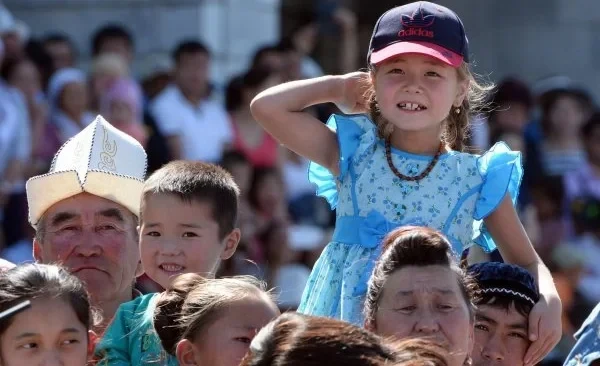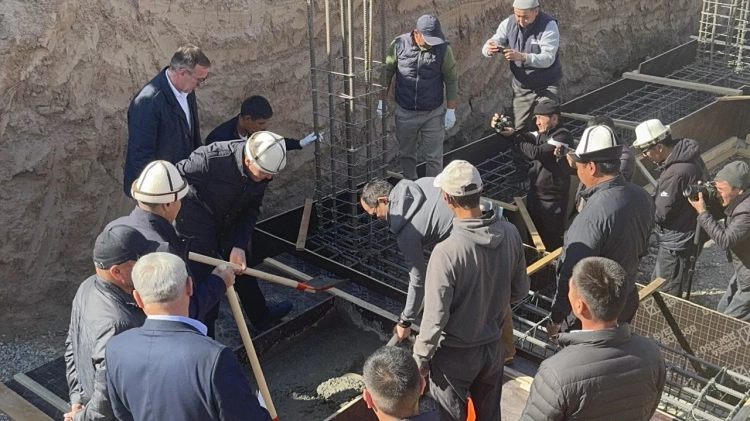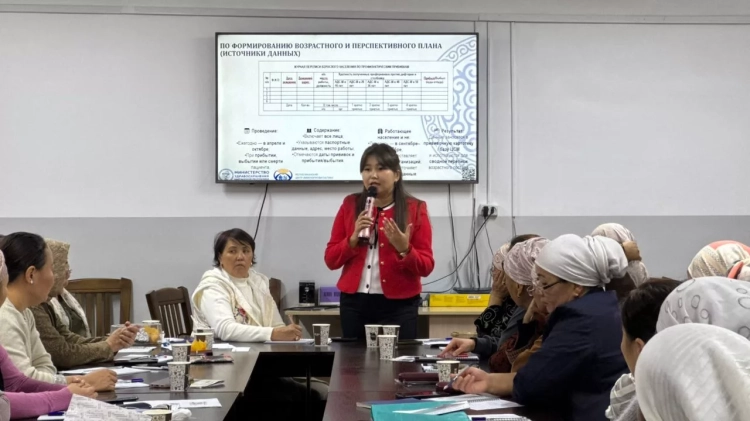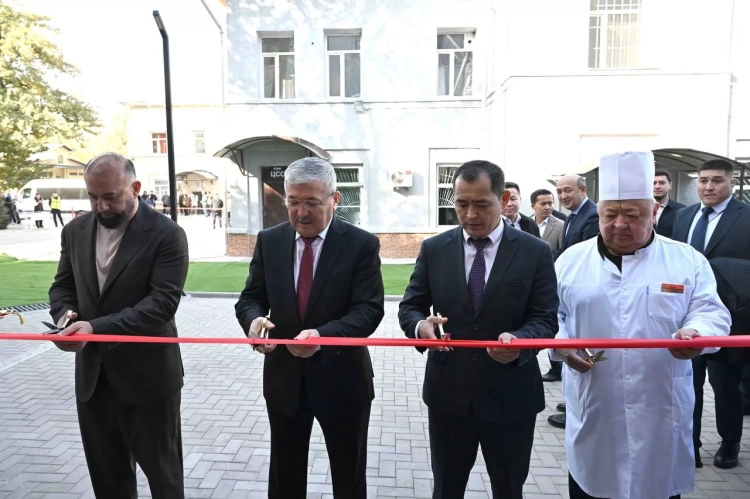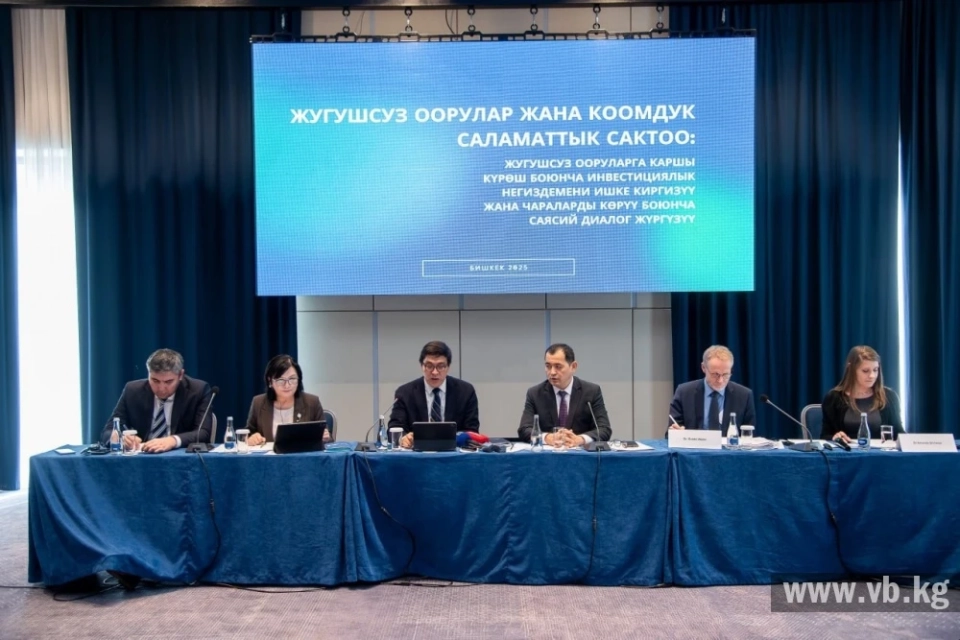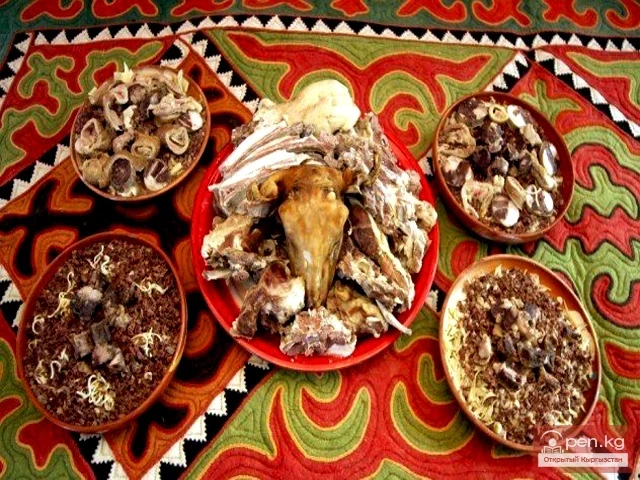
On the 43rd week of 2025 (from October 20 to 26), 6,699 cases of ARVI were registered, which is 13.9% more compared to the previous week. Of this number, 64.6% are children under 14 years old, which corresponds to 4,329 cases. Hospitalization was required for 6.7% of the sick, which amounts to 452 people.
Bishkek (193.1) demonstrated the highest incidence rate, followed by Osh (148.2), Naryn region (190.1), and Chui region (103.7).
Since the beginning of the epidemic season, starting from the 40th week (from September 29 to October 5), influenza viruses have not been detected in the country. However, the spread of other pathogens of acute respiratory infections continues, among which adenovirus (34.8%), rhinovirus (30.4%), and parainfluenza viruses of types I-IV (17.4%) are predominant.
The Ministry of Health has already purchased 63,734 doses of influenza vaccine, which have been distributed across regions. Vaccination is provided free of charge at Family Medicine Centers for at-risk groups, including patients with chronic diseases, frequently ill children, pregnant women, elderly people over 65, and healthcare workers.
Additionally, anyone interested can get vaccinated on a paid basis at private medical institutions such as "Tsadmira," "Kroha," "Malysh," "Intermedical," "Comfortmedik," and "Polyclinic 312." Vaccine prices range from 400 to 1,000 soms.
The Ministry of Health emphasized the importance of adhering to simple preventive measures, such as covering the mouth and nose when coughing or sneezing, avoiding hypothermia, regular hand washing, ventilating rooms, morning exercises, and staying home when feeling unwell. Parents are strongly advised not to send sick children to schools and kindergartens until they fully recover.
Experts recommend that when symptoms of ARVI and influenza appear, individuals should not self-medicate but should consult their family doctor.


